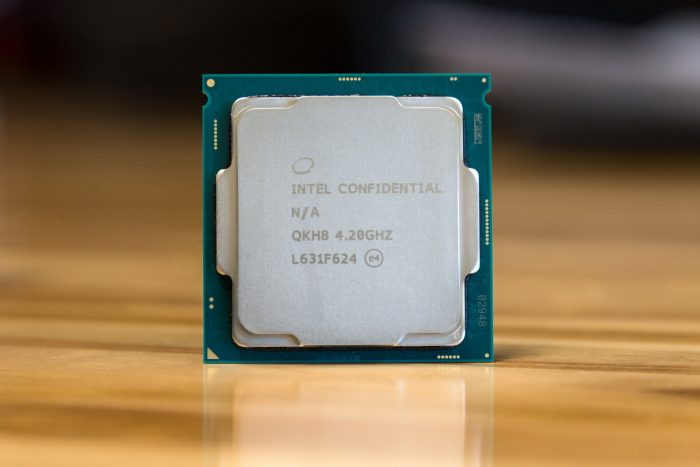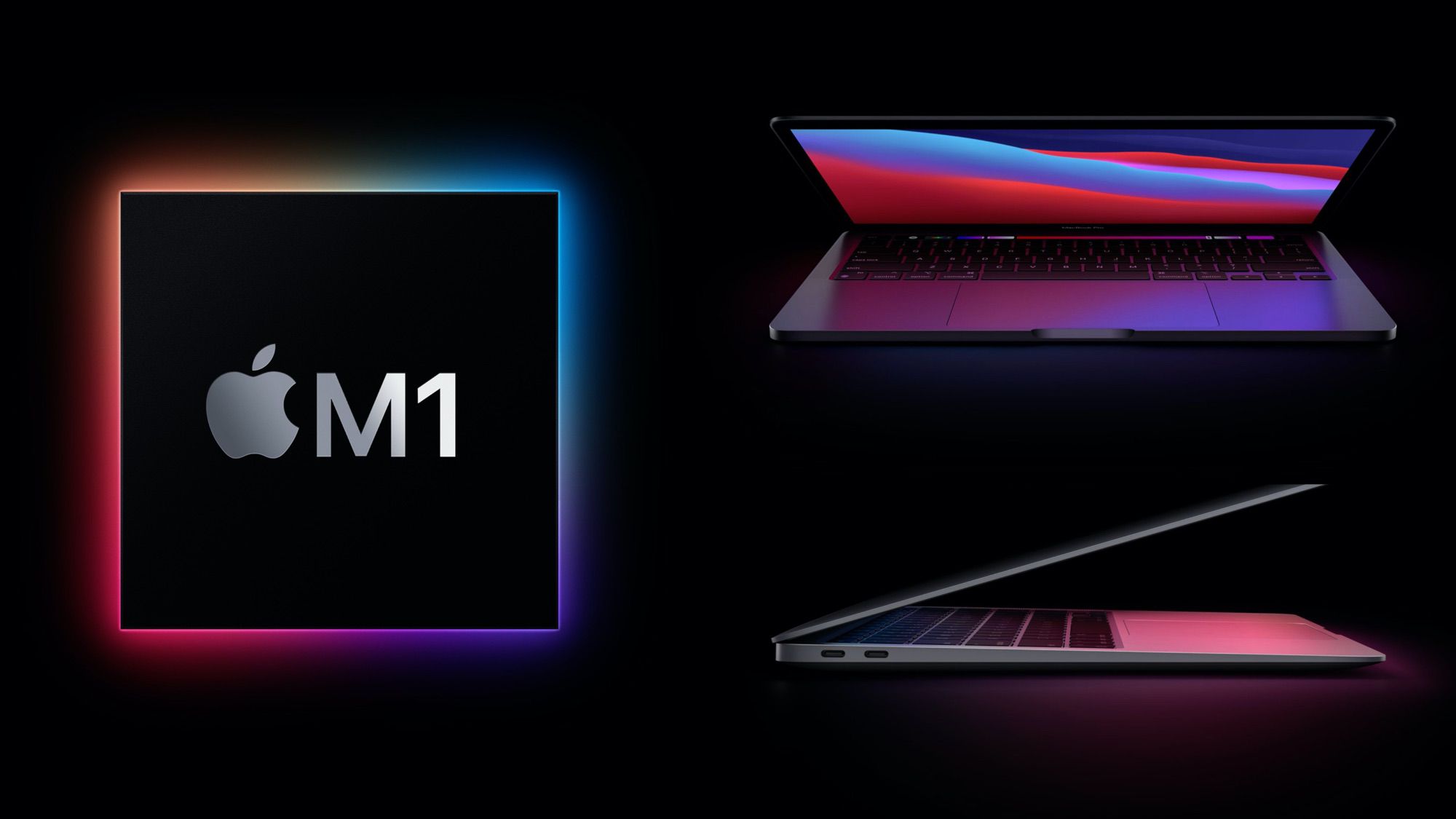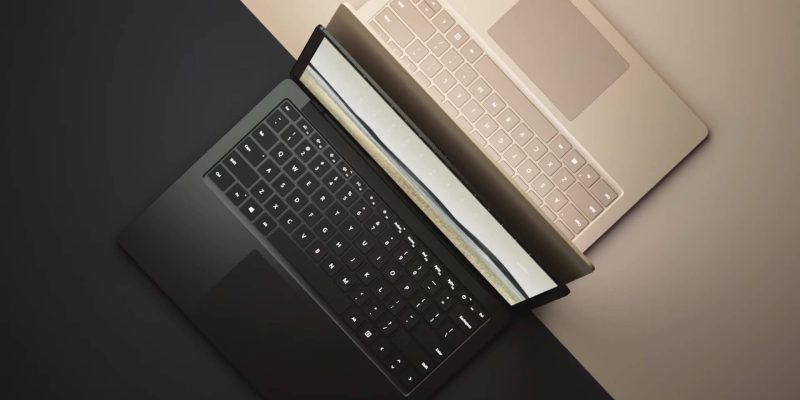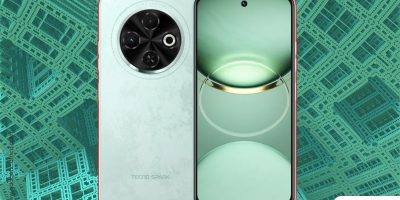You get to your local laptop store to buy ‘your future’ and all you hear is RAM, Processor, SSD, Theory of Relativity, e=mc2 Bla bla bla… “. Question is, do you really need to understand these tech terms in order to buy a laptop?
Short answer, yes, yes you do! Sounds like a lot, I know, but we’re here to help you out.
Tech Terms Definition: Laptop Edition
Before buying your laptop, here are some terms you need to understand. They’ll help in making the right decision when buying your next work/entertainment mate.
Storage Options: SSD or Hard Drive?


Image courtesy Avast
HDD – Hard Disk Drive
When it comes to storage, you will hear a retailer use either of or both of these terms. A hard disk drive (HDD) is simply an old-school storage device best for long-term storage. They are an affordable option where you can get a lot of storage space for a good price.
Unfortunately, as much as it may have a lot of storage, it has its drawbacks. It has moving parts thus making it larger, more delicate and have slower speeds.
On the other hand, an SSD (solid-state drive), is a newer version of a storage device that brands are using a lot more. The SSD is considered to be much faster and noticeably helps in the general performance of your laptop.
This is mostly because, unlike the HDD, it consists of individual memory cells storing bits that are instantly accessible by the controller. This means that opening apps and files like videos or images becomes much faster with a laptop that has a solid-state drive.
However, when it comes to storage space, the traditional hard drive still reigns supreme to this day. A 1TB hard drive stores eight times as much as a 128GB SSD.
So here’s where your choice comes in. Do you want more storage space or better performance with your laptop? (I’d suggest getting a laptop with an Internal SSD and buying an external HDD so as to have both speed and space.) You’re welcome
Processor: Intel or AMD or M1?


Image courtesy Digital Trends
Intel has been here for a while so it is likely that the Kenyan market has been getting AMD processors over the last few years. However, some of the latest AMD Ryzen CPUs are now considered to compete against Intel’s latest Core i3, i5,i7 and i9 chips.


Then there are new Apple Chips, M1, M1 Max, M1 Ultra and M2. All II can say is that they are all great and if you’re buying a MacBook don’t buy any MacBook that does not have these chips.
As for those who are glued to Windows, when buying high-end performance laptops for video editing or gaming, we would recommend Intel Core i7 and Core i9 chips in their latest generations. Consequently, f you are one that still wants AMD, then Ryzen 7 chips work the best. (This is easy right!)
If your needs are just for average work, school or entertainment, then Ryzen 5 or Intel Core i5 works just as fine for you. In general, though, just get a Macbook.
RAM
Out of all tech terms used, you’ve probably had RAM the most. Whether it’s for smartphones or laptops, you will hear techies asking each other, “RAM yake ni ngapi?”
RAM (Random Access Memory) is also referred to as system memory. It is a computer device that temporarily carries software and files in current use. So, once you open software, it is loaded from the hard drive or SSD. The task is then handed over to the RAM that determines how well the software runs or whether it is even kept open.
So, when you open several apps at the same time it is the RAM’s job to make sure that they all run at the same time.
The bigger your RAM size is, the better your laptop can handle several apps. The most common size for midrange laptops happens to be 8GB. Lower-end models would happen to have 4GB although that would be classified as too low.
High-end laptops now including gaming PCs go with RAM as high as 12GB or even 24GB. 8GB would be the best for basically anyone. If you can afford to buy laptops with higher, then good for you.
*When it comes to resolution, there is so much that we have to explain that we had to do it separately. Anything else you’d like us to dumb down for you? Send us a tweet and we’ll think about answering it.





[…] Supply hyperlink […]